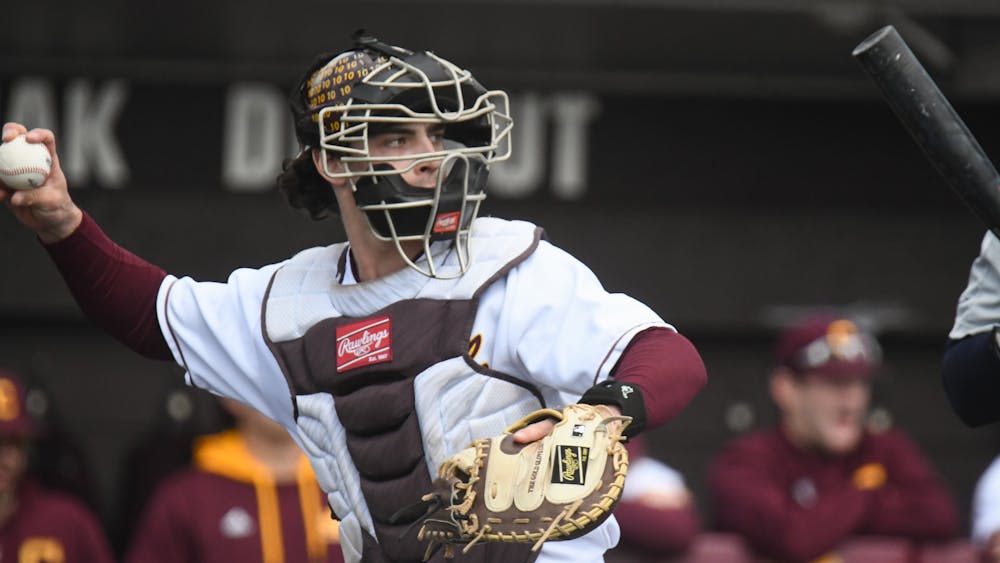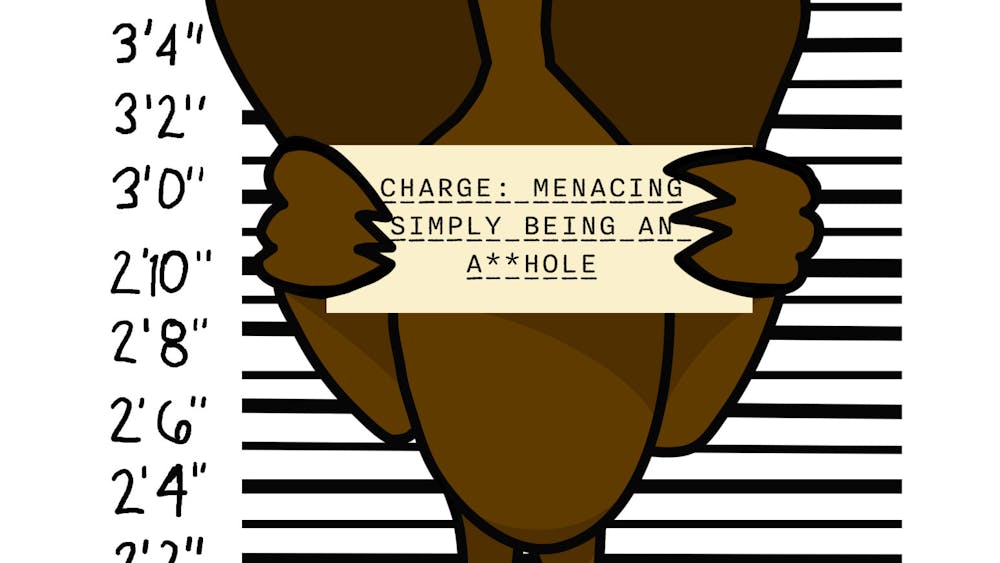Women make up less than half of majors in STEM fields
Men have consistently outnumbered women who sign majors within the College of Science and Technology during the past five years.
According to data provided by the college, last year the number of women enrolled in the college was 685, compared to1,116 men. Since 2010 the number of women who sign majors in the college has grown 14 percent, from 600, but the number of men has grown 21 percent in the same amount of time.
The field with the greatest difference between men and women was engineering and technology, which signed 46 women to the major compared to 349 men.
Heidi Mahon, director of student services for the College of Science and technology, said it can be difficult for both women and minority students to succeed in classes where they are the only one of their race or gender. Several students have talked to her about the difficulty of working with their classmates when they are outnumbered nearly eight to one.
“They’re not listened to when they’re giving their opinions and they’re in groups,” she said.
Senior Che Ting Ho, an engineering major, said she struggled when she first started in the program.
"It felt lonely,” she said. “In my first engineering class, there were a total of four female students including me in a group of 25 or 30 people. None of my friends attending CMU were majoring in engineering either. It felt intimidating to approach the guys in my class, and I didn't get to know the girls that well either.”
More than half of women who sign majors in CST do so within the department of biology, where they outnumber men for signed majors in 204-15, 380 to 300.

Tracy Galarowicz, chair of the department of biology, said that was partly due to the popularity of the field. She also said the accessibility of the field and positive role models made the department more approachable for both genders.
“I think if you look at our staff, while not 50/50, we have a lot of (female) role models,” she said.
Senior Ashley Smith, a biology major, said role models are important to encourage more women to join science fields.
“You hear about Albert Einstein, Nikola Tesla and (Thomas) Edison, and while it’s true (the field) was mostly men before, there are more women now,” she said. “If there’s more focus on women scientists who make contributions to the field, then girls will say, ‘I can do that too.’”
More women signed mathematics majors in 2014-15 than men, with 141 women to 86 men. However, Mahon said this number is misleading because many of the women enrolled are studying math education.
Mahon said the key to enrolling more women into science, technology, engineering and math fields is to introduce them to science when they’re younger. She said society pushes children toward certain careers early on with the toys given to them.
“Research shows that middle school is when girls tend to go away from STEM,” she said.
Ho eventually became more comfortable with her classmates, saying she saw the same students in her higher level classes. She also said she’s never had a problem with a professor treating her differently due to her gender, but she has been judged by her peers because of it.
“Sometimes with classmates, they think that I am not capable of doing certain things because of my gender, but I have quickly proven them wrong by surpassing them in class,” she said.
Ho is the vice president for The Society of Women Engineers at CMU. Last March the group held an event called “Inspire Her Mind” meant to encourage young girls to study engineering by having them practice with engineering-related activities. Ho said they plan to continue these events to encourage current and future students to join the field.
“We want to make our current students feel a sense of belonging and comfort,” she said. “They need to know that they are not alone and that they should not be scared or feel intimidated by professors or classmates.”





